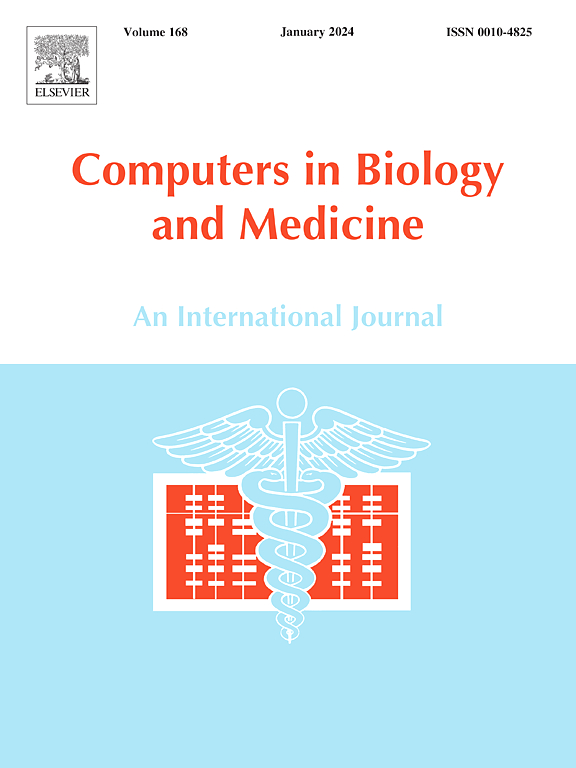MIO: An ontology for annotating and integrating medical knowledge in myocardial infarction to enhance clinical decision making
IF 7
2区 医学
Q1 BIOLOGY
引用次数: 0
Abstract
As biotechnology and computer science continue to advance, there's a growing amount of biomedical data worldwide. However, standardizing and consolidating these data remains challenging, making analysis and comprehension more difficult. To enhance research on complex diseases like myocardial infarction (MI), an ontology is necessary to ensure consistent data labeling and knowledge representation. This will facilitate data management and the application of artificial intelligence techniques in this field, ultimately advancing precision medicine research for MI. This study introduced the MI Ontology (MIO), which was developed using Stanford's seven-step method and Protégé. MIO aims to support precision medicine research on MI by effectively modeling and representing MI-related concepts and relationships. The validation of the MIO model involved employing Ontology Web Language (OWL) reasoners and comparing it with other disease-specific ontologies. MIO is an ontology model comprising of 3090 classes, 14 object attributes, 3494 individuals, 9415 synonyms and 49263 axioms, which encompass knowledge related to MI such as anatomical entities, clinical findings, drugs, genes, influencing factors, pathogenesis, patients-related concepts, procedures, and disease types. Furthermore, MIO has passed logical consistency validation and exhibits a broader conceptual scope and deeper knowledge structure than other disease-specific ontologies. Additionally, clinical use scenarios for MIO were developed to help address specific clinical problems. This study constructed the first comprehensive disease-specific ontology in cardiovascular diseases, named MIO, to promote precision medicine research on MI. MIO integrates and standardizes medical data, addressing complexity and standardization challenges. This promotes the use of big data analysis, explainable AI, and deep phenotype research in precision medicine. Future efforts will focus on enhancing and expanding MIO's applicability and scalability for superior services in this field.

求助全文
约1分钟内获得全文
求助全文
来源期刊

Computers in biology and medicine
工程技术-工程:生物医学
CiteScore
11.70
自引率
10.40%
发文量
1086
审稿时长
74 days
期刊介绍:
Computers in Biology and Medicine is an international forum for sharing groundbreaking advancements in the use of computers in bioscience and medicine. This journal serves as a medium for communicating essential research, instruction, ideas, and information regarding the rapidly evolving field of computer applications in these domains. By encouraging the exchange of knowledge, we aim to facilitate progress and innovation in the utilization of computers in biology and medicine.
 求助内容:
求助内容: 应助结果提醒方式:
应助结果提醒方式:


